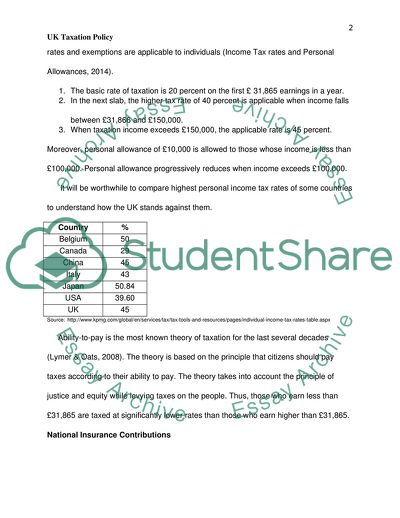Cite this document
(UK Taxation Policy Essay Example | Topics and Well Written Essays - 1500 words, n.d.)
UK Taxation Policy Essay Example | Topics and Well Written Essays - 1500 words. https://studentshare.org/macro-microeconomics/1851944-uk-taxation-policy
UK Taxation Policy Essay Example | Topics and Well Written Essays - 1500 words. https://studentshare.org/macro-microeconomics/1851944-uk-taxation-policy
(UK Taxation Policy Essay Example | Topics and Well Written Essays - 1500 Words)
UK Taxation Policy Essay Example | Topics and Well Written Essays - 1500 Words. https://studentshare.org/macro-microeconomics/1851944-uk-taxation-policy.
UK Taxation Policy Essay Example | Topics and Well Written Essays - 1500 Words. https://studentshare.org/macro-microeconomics/1851944-uk-taxation-policy.
“UK Taxation Policy Essay Example | Topics and Well Written Essays - 1500 Words”. https://studentshare.org/macro-microeconomics/1851944-uk-taxation-policy.


